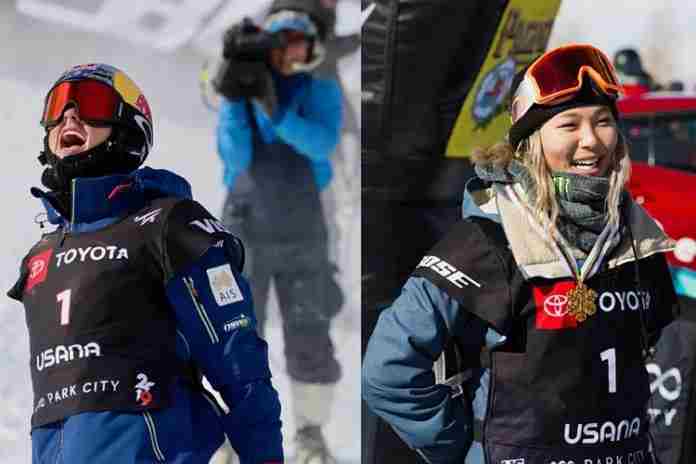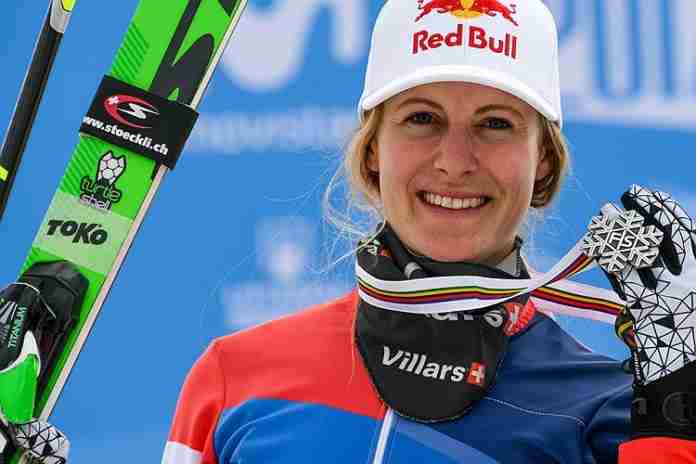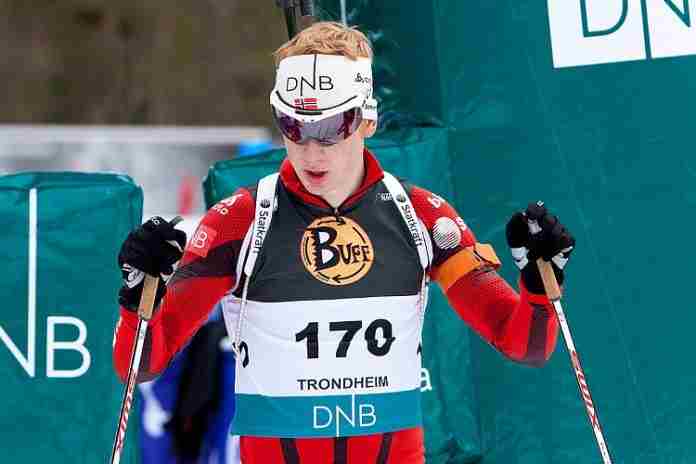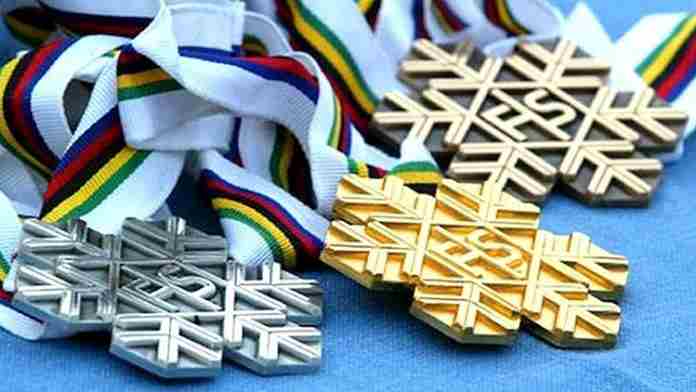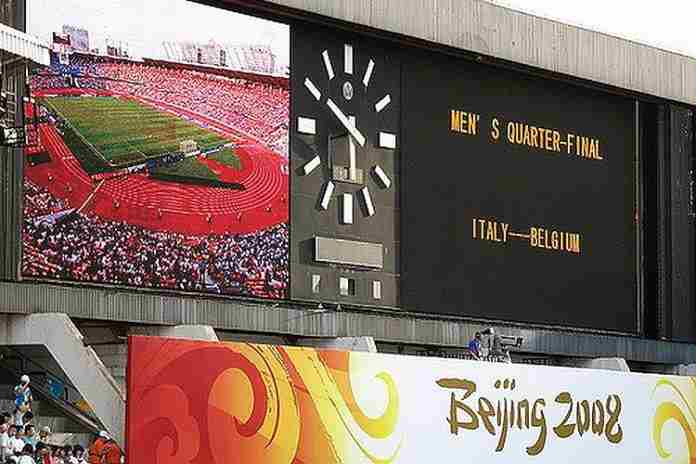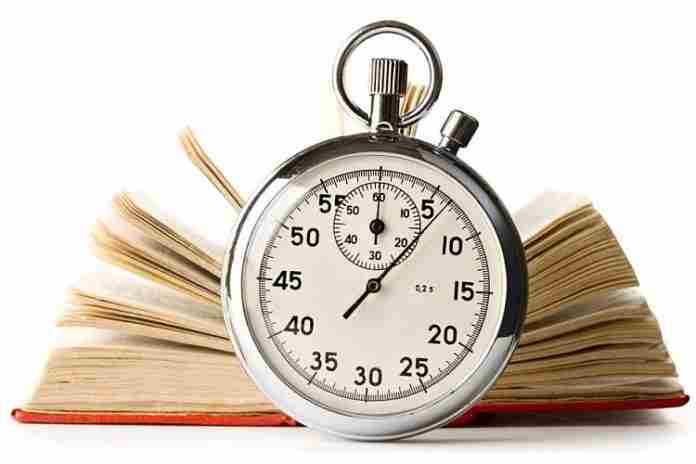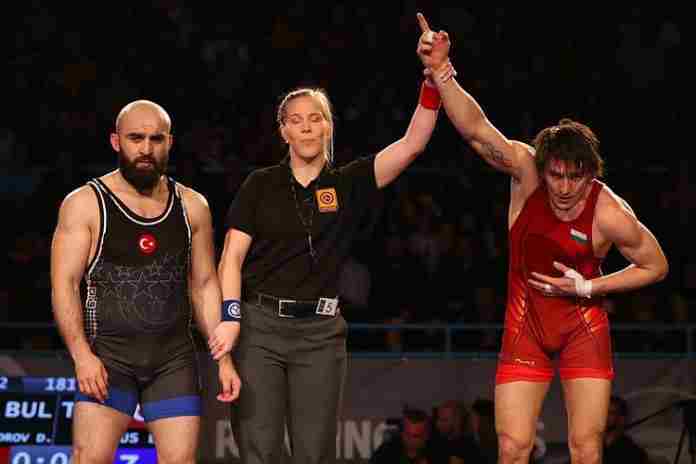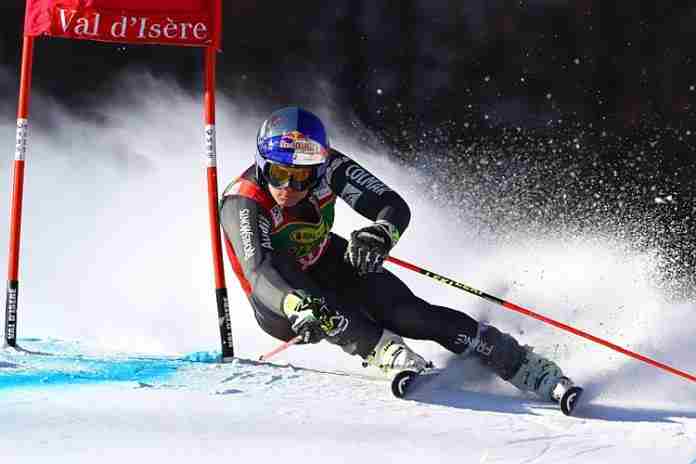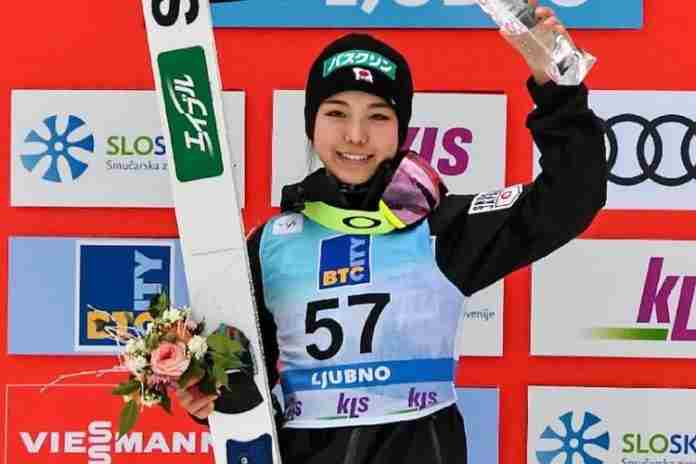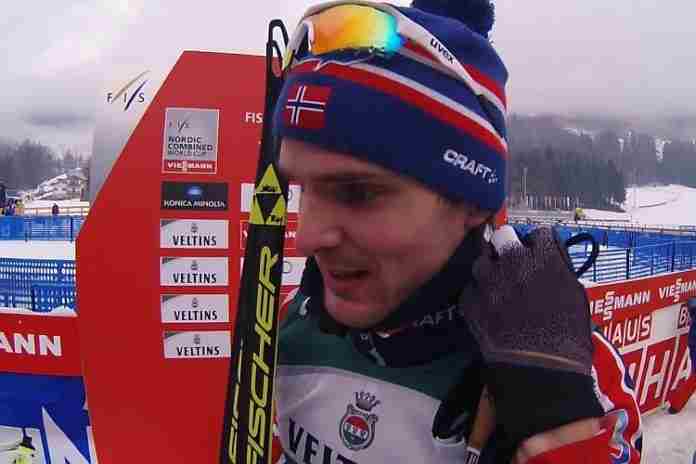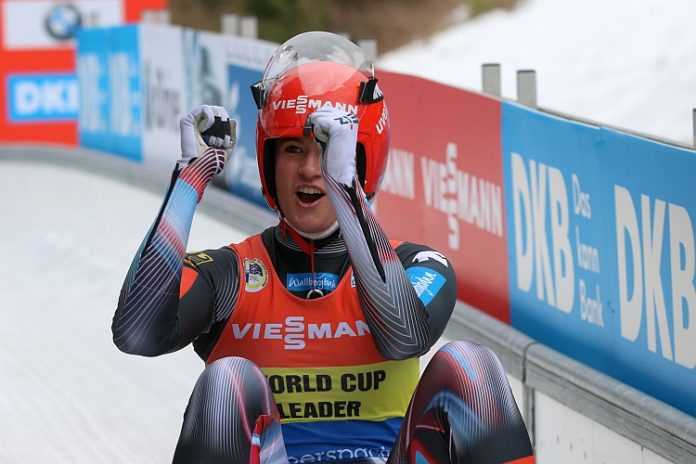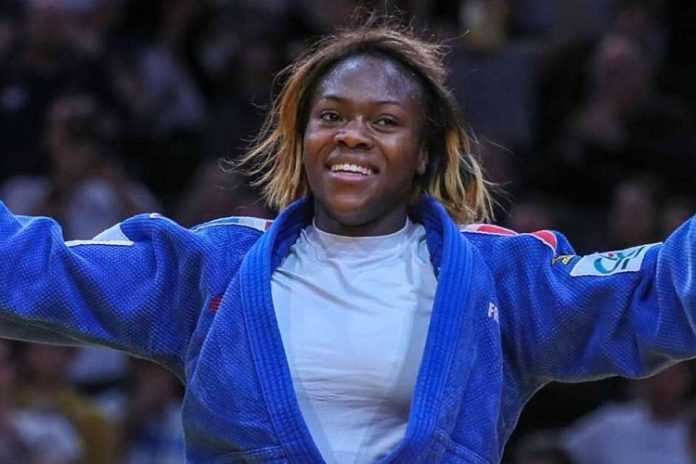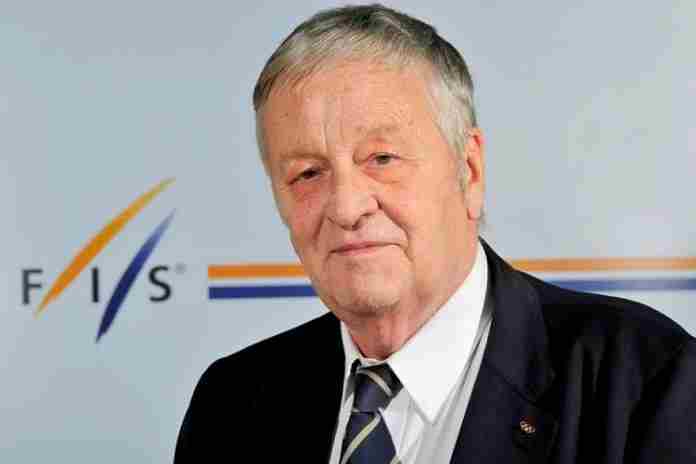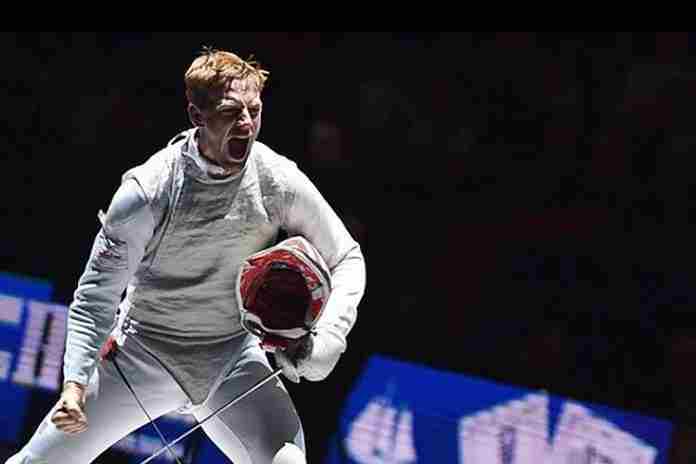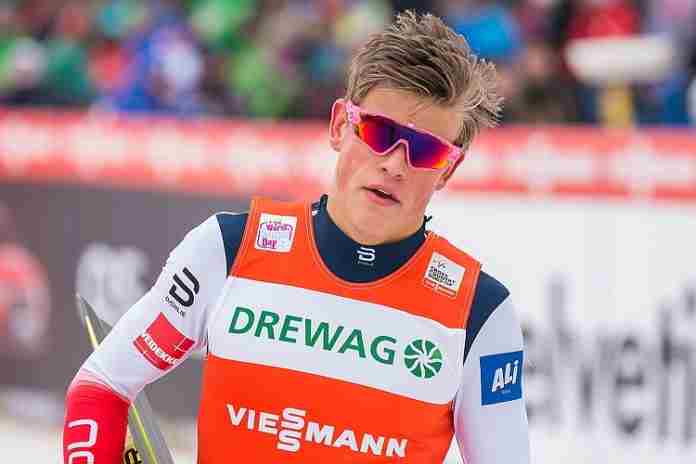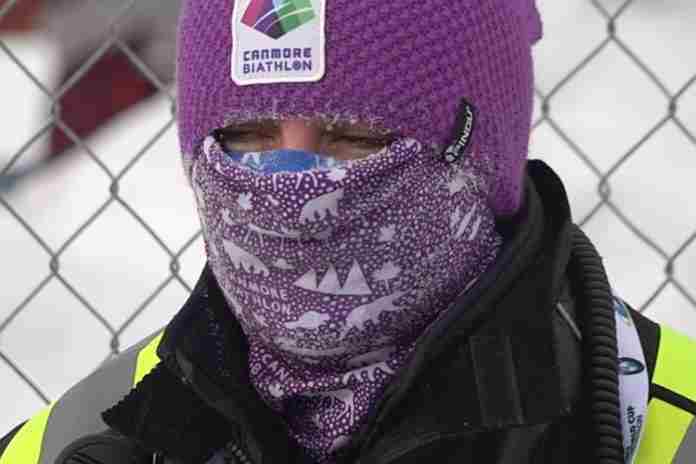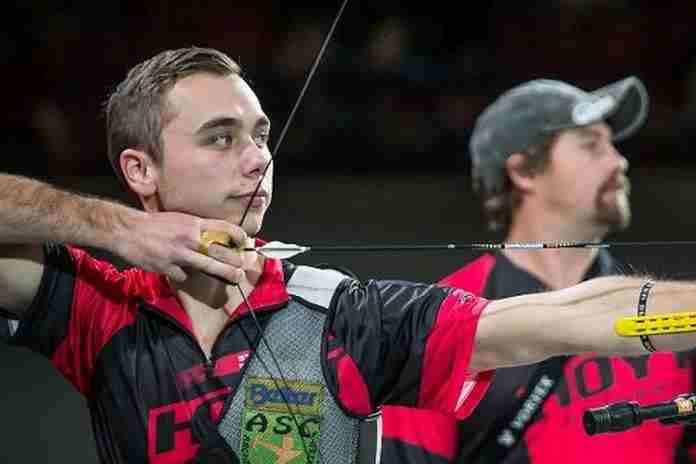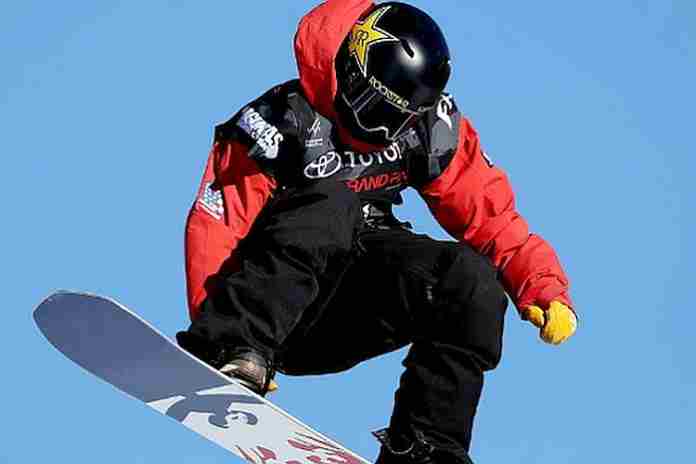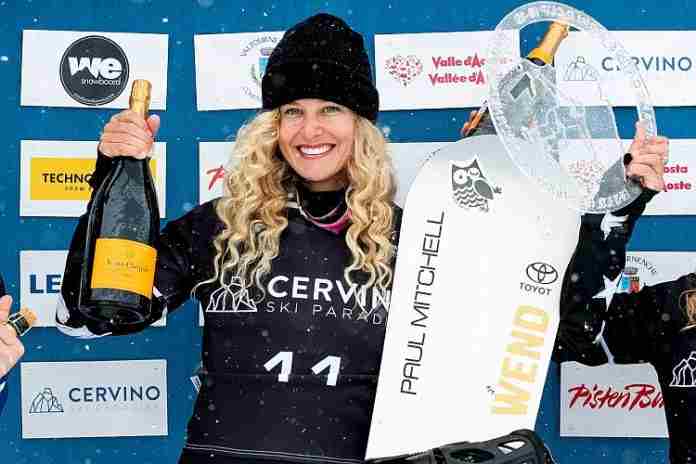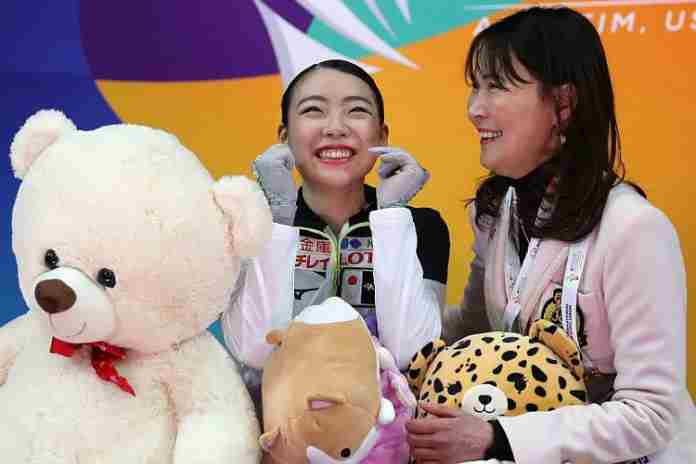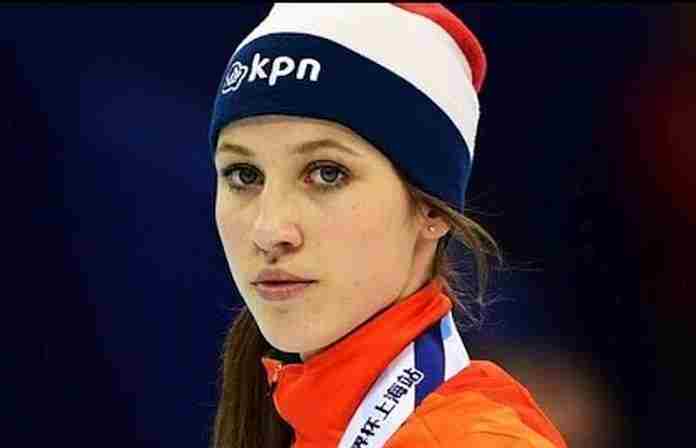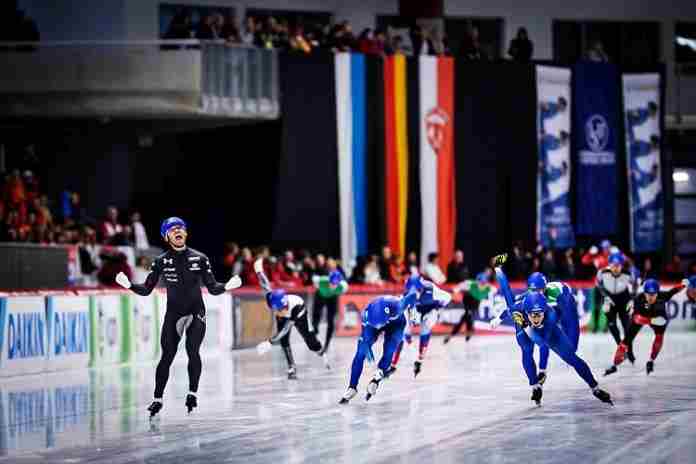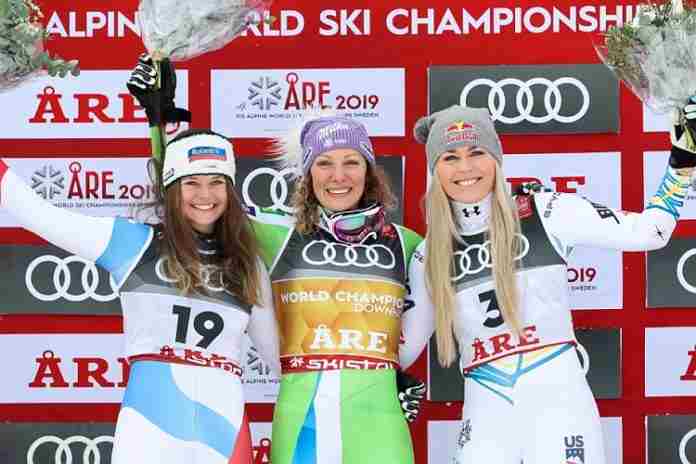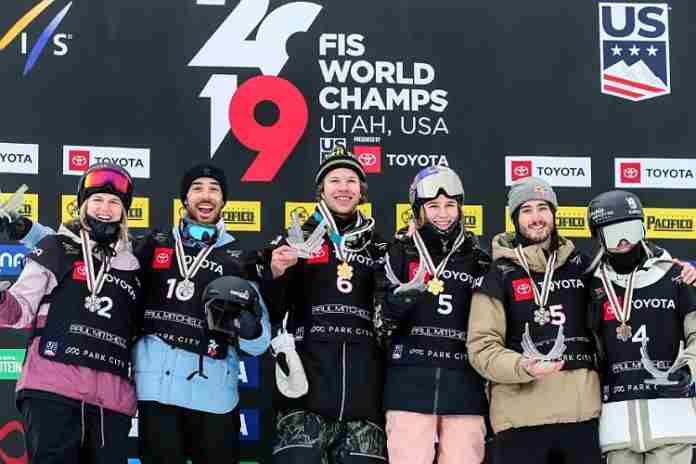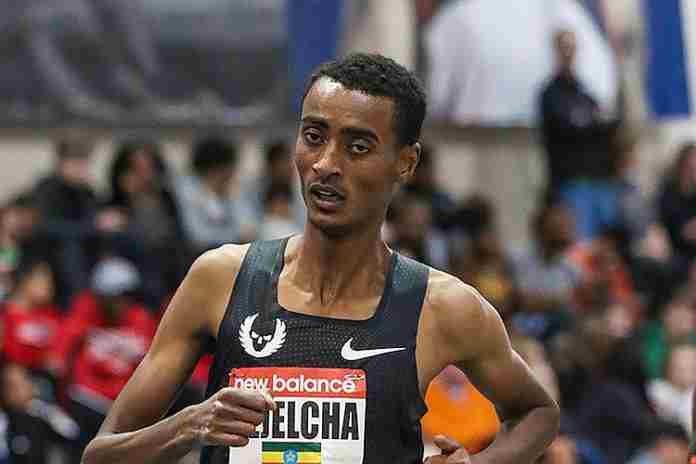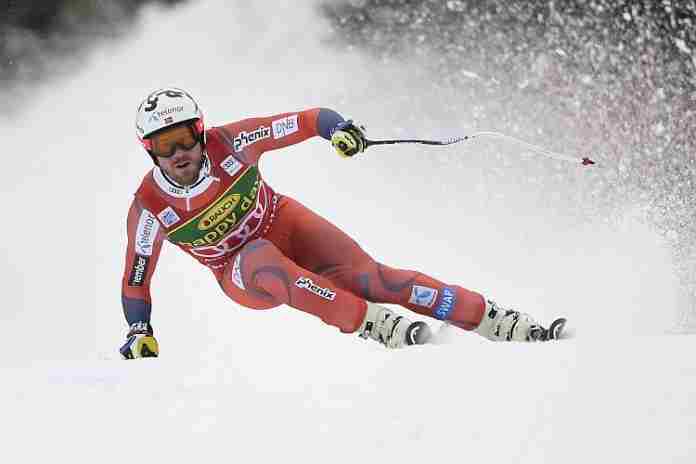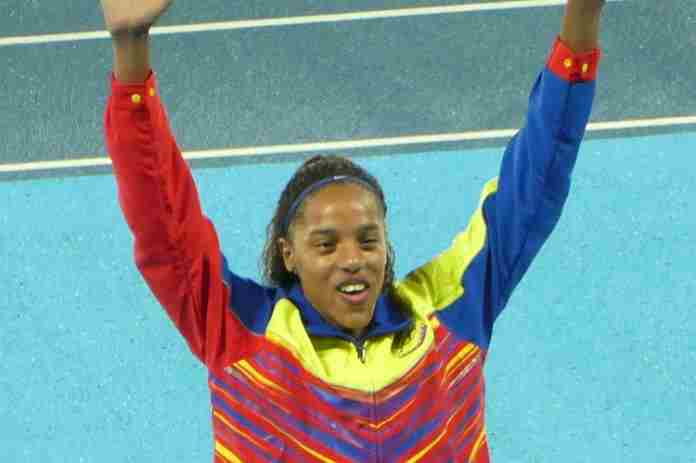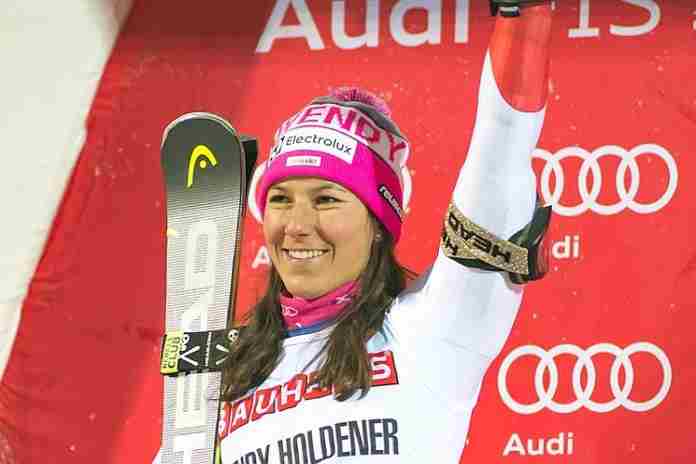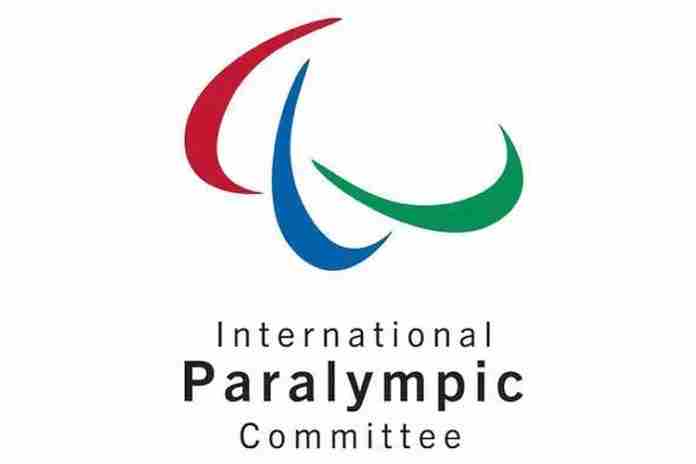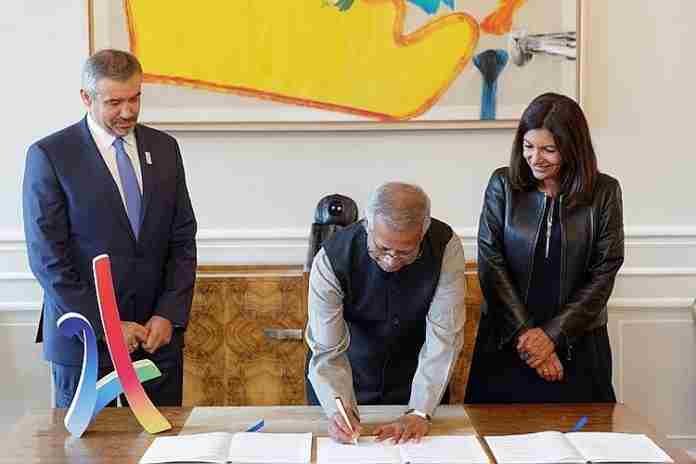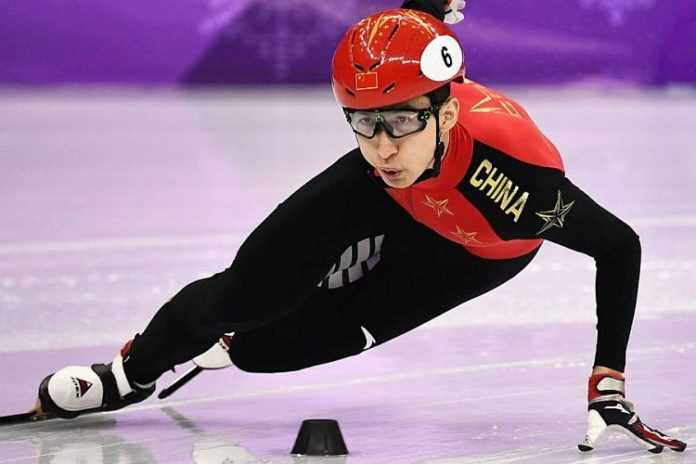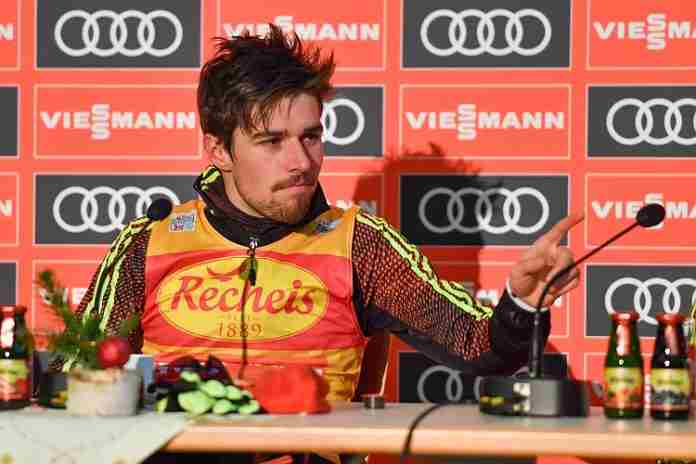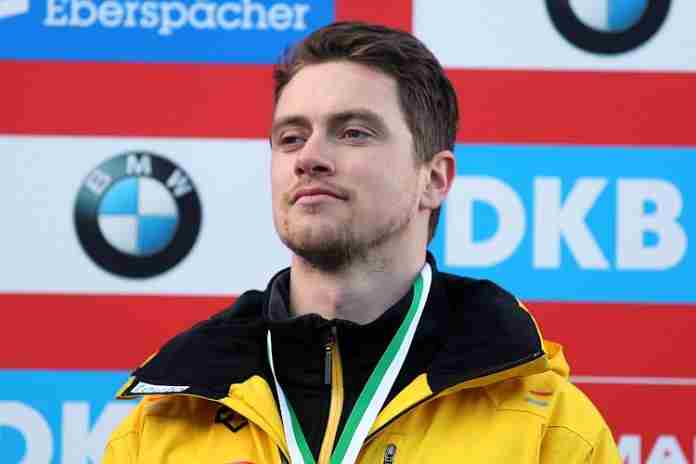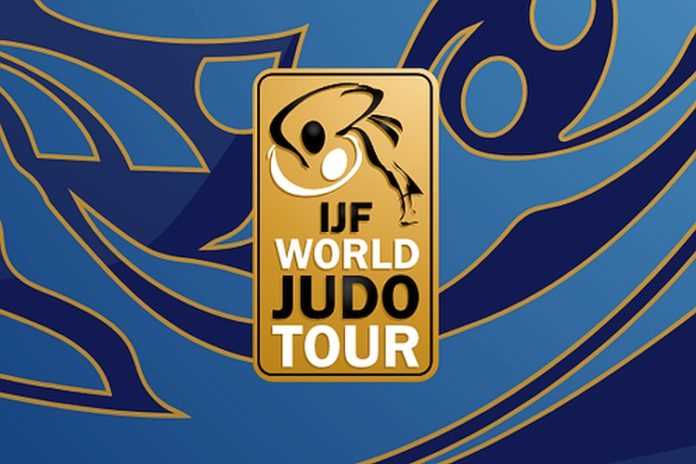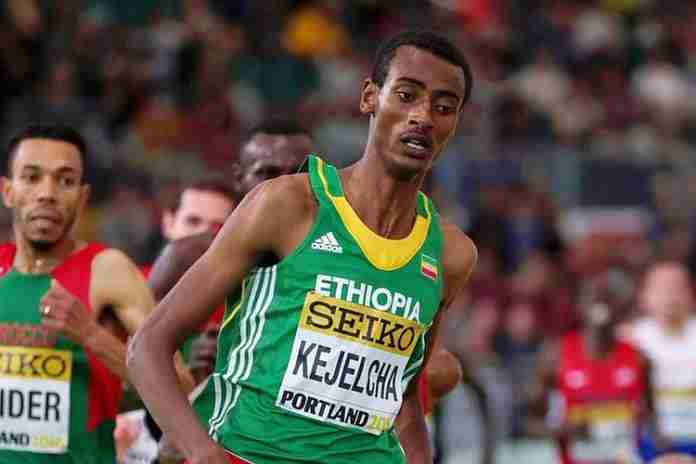The women’s World Championships Giant Slalom appeared to be all set for 2010 Olympic champion Viktoria Rebensburg of Germany, who forged a solid 0.19-second lead after the first run, ahead of Petra Vlhova (SVK), Norway’s Ragnhild Mowinckel (+0.37) and American Mikaela Shiffrin (+0.44).
But the second run was tricky, with significant winds at the top of the night-lit course in Are (SWE), making it difficult to gather speed at the top of the run.
When the final skiers got ready, the conditions were forcing choices between aggressiveness and safety. Italy’s Sofia Goggia, second in the Worlds Super-G, skied out into the fence while taking a hard line to build speed.
Shiffrin was the fourth-from-last skier and told NBCSN’s Andrea Joyce afterwards, “I was definitely more amped up in the starting gate than the first run. The first run I was trying to be relaxed; this run, it was like, ‘It’s time to go.’”
Asked about her plan for the second run, Shiffrin said, “It was a toss-up, because I felt like I was solid with my skiing and didn’t make any big mistakes, but then the other girls were really aggressive and building time but also making really big mistakes. This is the kind of snow where if you make a mistake, you can’t really come back from it. You kind of just have to … carry your speed, but it really kills it.”
Shiffrin was solid at the top of the run, make a couple of small errors, but rocketed down the bottom of the course and took the overall lead at 2:02.35
Mowinckel followed and make a couple of major errors that cost time and she ended up behind Shiffrin at 2:02.47.
Vlhova followed, having won two Giant Slaloms this season and the last one held before the Worlds, in Maribor (SLO). She was all out as usual and despite flying wide a couple of times, built tremendous speed in the middle of the course and through the finish. Her time of 2:01.97 took the lead easily and left only Rebensburg to come.
Her run was smooth and powerful, but just not fast enough and she came in second at 2:02.11 for her second Worlds medal to go along with her Giant Slalom silver from 2015.
Of her bronze medal – her sixth in the World Championships – Shiffrin told Joyce, “I’m really happy. I know it’s not gold, but after the first run, I was like, ‘Ahh, that is not enough,’ and I was kind of mad at myself, and I went out and did a bunch of free skiing with my coaches, changed the skies I was on and thinking, these are the type of conditions where the first run’s bad and then the second, I lose more [time].
“So I was really trying to fight the second run, and caught a little but of a bobble, but – like I said after the first run – that’s what you have to do, you have to ski aggressive, and if you make a mistake, like fight for it.
“I’m still feeling a little bit lucky, but super-happy to walk away with a medal tonight.”
Shiffrin and Vlhova – and others – will face off on Saturday in the Slalom, a race in which Shiffrin will be the clear favorite. But she now knows she will have to be all-out on both runs to win.
The Worlds continue with the men’s Giant Slalom on Friday. Look for results here. Summaries:
FIS Alpine World Championships
Are (SWE) ~ 5-17 February 2019
(Full results here)
Men
Downhill: 1. Kjetil Jansrud (NOR), 1:19.98; 2. Aksel Lund Svindal (NOR), 1:20.00; 3. Vincent Kriechmayr (AUT), 1:20.31; 4. Beat Feuz (SUI), 1:20.42; 5. Matthias Mayer (AUT), 1:20.63; 6. Dominik Paris (ITA), 1:20.72; 7. Benjamin Thomsen (CAN), 1:20.73; 8. Aleksander Aamodt Kilde (NOR), 1:20.80. Also: 9 (tie). Bryce Bennett (USA), 1:20.81; … 12. Ryan Cochran-Siegle (USA), 1:21.00; … 23. Steven Nyman (USA), 1:21.55; … 26. Travis Ganong (USA), 1:21.63.
Super-G: 1. Paris (ITA), 1:24.20; 2. tie, Johan Clarey (FRA) and Kriechmayr (AUT), 1:24.29; 4. Christof Innerhofer (ITA), 1:24.55; 5. Adrien Theaux (FRA), 1:24.57; 6. Josef Ferstl (GER), 1:24.59; 7. Brice Roger (FRA), 1:24.61; 8. tie, Mattia Casse (ITA), Nyman (USA) and Adrian Sejersted (NOR), 1:24.70. Also in the top 25: 11. Cochran-Siegle (USA), 1:24.73; … 23. Bennett (USA), 1:25.82.
Combined: 1. Alexis Pinturault (FRA), 1:47.71 (24th in Downhill + 2nd in Slalom); 2. Stefan Hadalin (SLO), 1:47.95 (30+1); 3. Marco Schwarz (AUT), 1:48.17 (21+4); 4. Riccardo Tonetti (ITA), 1:48.38 (16+6); 5. Linus Strasser (GER), 1:48.51 (29+3); 6. Victor Muffat-Jeandet (FRA), 1:48.52 (23+5); 7. Mauro Caviezel (SUI), 1:48.57 (8+8); 8. Luca Aerni (SUI), 1:48.73 (20+7). Also: 11. Bennett (USA), 1:49.59 (18+13);’ … 18. Cochran-Siegle (USA), 1:49.84 (2+36).
Women
Downhill: 1. Ilka Stuhec (SLO), 1:01.74; 2. Corinne Suter (SUI), 1:01.97; 3. Lindsey Vonn (USA), 1:02.23; 4. Stephanie Venier (AUT), 1:02.27; 5. Ragnhild Mowinckel (NOR), 1:02.33; 6. Nicol Delago (ITA), 1:02.36; 7. Ramona Siebenhofer (AUT), 1:02.38; 8. Lara Gut-Behrami (SUI), 1:02.52. Also: 22. Alice Merryweather (USA), 1:03.26.
Super-G: 1. Mikaela Shiffrin (USA), 1:04.89; 2. Sofia Goggia (ITA), 1:04.91; 3. Corinne Suter (SUI), 1:04.94; 4. Viktor Rebensburg (GER), 1:04.96; 5. Nadia Fanchini (ITA), 1:05.03; 6. Ragnhild Mowinckel (NOR), 1:05.05; 7. Francesca Marsaglia (ITA), 1:05.13; 8. Stuhec (SLO), 1:05.15; 9. Lara Gut-Behrami (SUI), 1:05.37; 10. Federica Brignone (ITA), 1:05.43. Also in the top 25: 22. Merryweather (USA), 1:07.22.
Giant Slalom: 1. Petra Vlhova (SVK), 2:01.97; 2. Rebensburg (GER), 2:02.11; 3. Shiffrin (USA), 2:02.35; 4. Mowinckel (NOR), 2:02.47; 5. Brignone (ITA), 2:02.84; 6. Tessa Worley (FRA), 2:03.06; 7. Sara Hector (SWE), 2:03.91; 8. Clara Direz (FRA), 2:04.18.
Combined: 1. Wendy Holdener (SUI), 2:02:13 (5th in Downhill + 3rd in Slalom); 2. Vlhova (SVK), 2:02.16 (8+2); 3. Mowinckel (NOR), 2:02.58 (3+6); 4. Ramona Siebenhofer (AUT), 2:02.62 (1+8); 5. Roni Remme (CAN), 2:02.26 (28+1); 6. Brignone (ITA), 2:03.52 (6+10); 7. Kasja Vickhoff Lie (NOR), 2:03.64 (15+5); 8. Franziska Gritsch (AUT), 2:03.82 (29+4). Also: 18. Merryweather (USA), 2:06.63 (10+21).
Mixed
Team Event/ Big Final: 1. Switzerland (Holdener, Matt, Truppe, Zenhaeusern); 2. Austria (Linsberger, Yule, Danioth, Schwarz). Small Final: 3. Italy (Curtoni, Della Mea, Maurberger, Vinatzer); 4. Germany (Duerr, Geiger, Strasser, Tremmel). Semis: Austria d. Italy, 2-2 (49.23-49.52); Switzerland d. Germany, 2-2 (48.75-48.95). Third: Italy d. Germany, 3-1. Final: Switzerland d. Austria, 2-2 (48.13-48.90).





















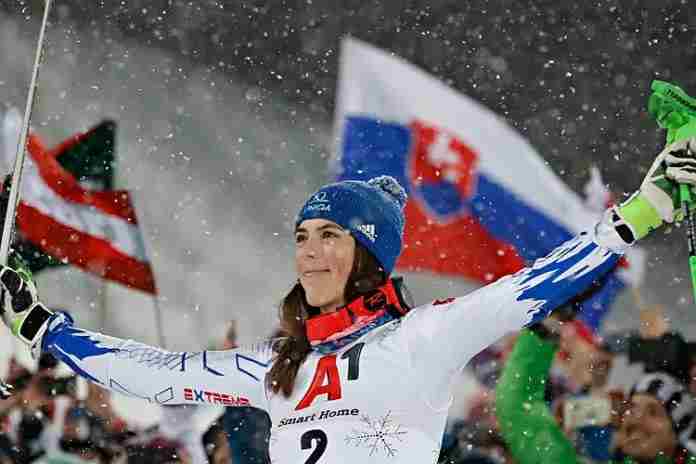


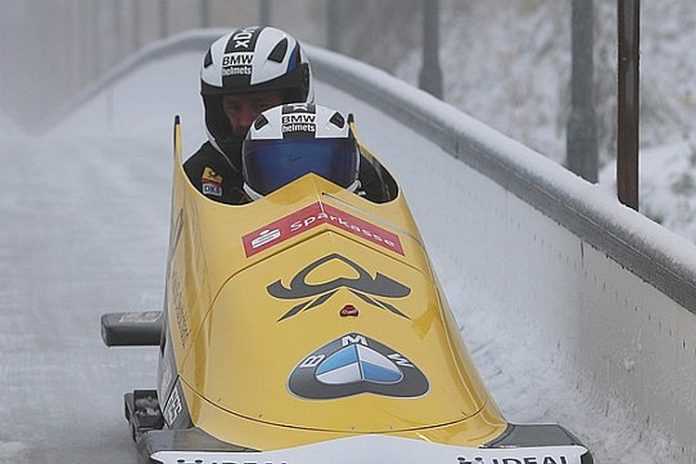
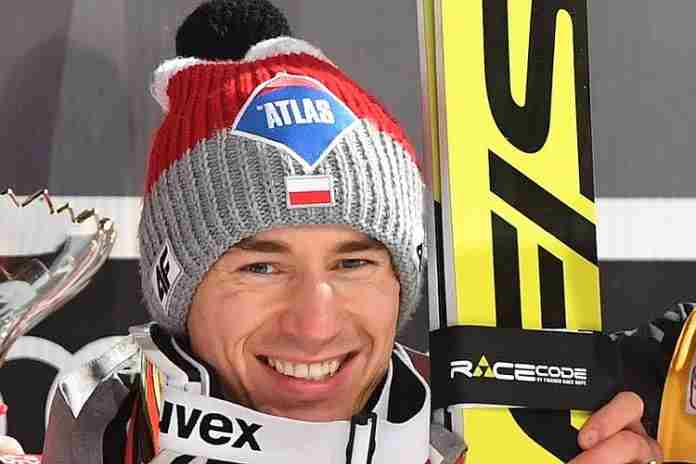
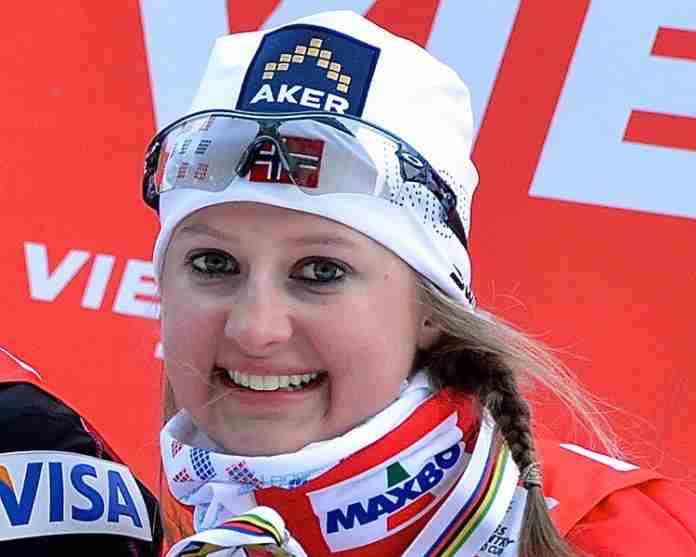

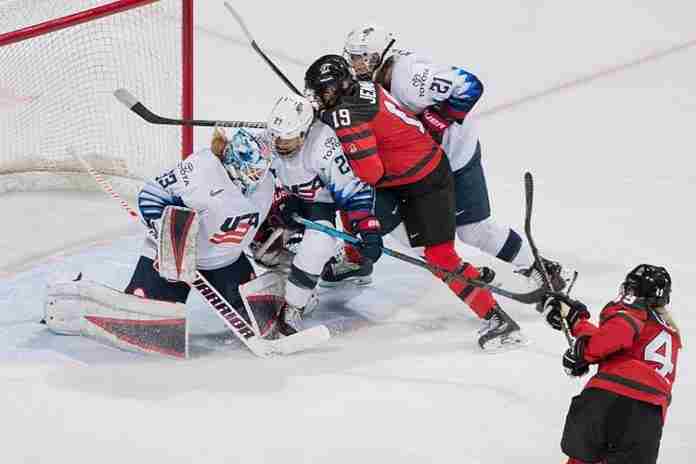

 If you’re a boxer with Olympic aspirations, this has to be a difficult time, because all you can do is wait.
If you’re a boxer with Olympic aspirations, this has to be a difficult time, because all you can do is wait.